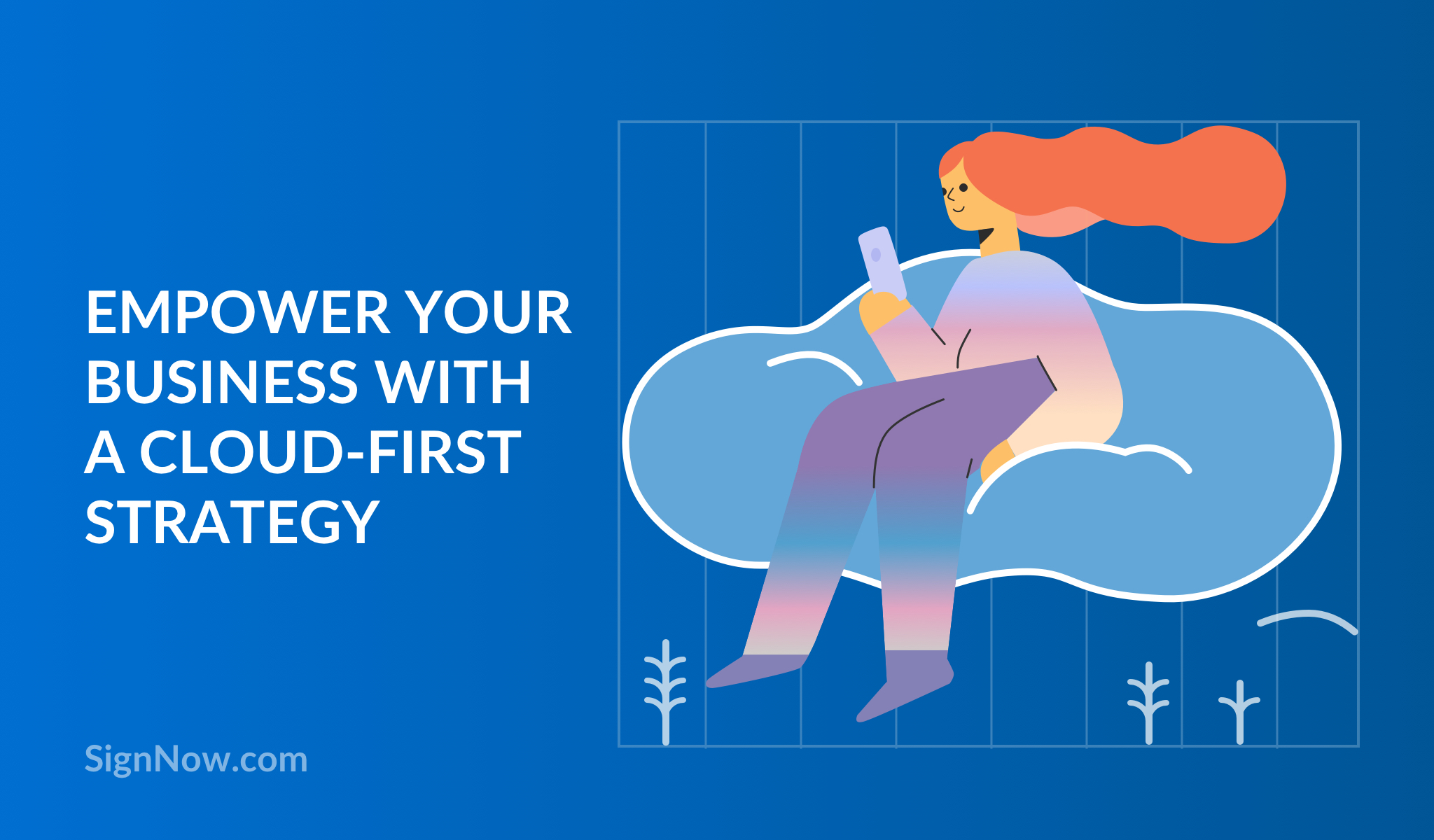
The majority of online services and applications you use on a daily basis run in the cloud.
And if you’ve ever wanted to know what the cloud is about and how exactly it may help your business grow, you’re in luck – today is your day.
So what is cloud about?
Society’s transition into the digital 21st century caused a dramatic increase in data use. Today (for individuals and organizations alike) it’s practically impossible to keep all vital information, programs, and systems stored and running on in-house computer servers.
Cloud computing became the solution to this problem. It operates similarly to web-based email clients, allowing users to access all of the features and files of a system without having to keep the bulk of that system on their own computers.
Online storage, better known as the cloud, is essentially a virtual locker where you can stash all your data. With cloud-based applications like Google Drive, Amazon, TurboTax, and even Facebook – users can send vast amounts of their personal data to a cloud-hosted server that stores the information for later access.
The rise of cloud computing is also hugely valuable for businesses that need to be able to access large amounts of data over a secure, online network connection.
Types of cloud computing services
IaaS, PaaS, SaaS — each type of computing service is used for a business use case, there are a lot of differences between these cloud computing services.
IaaS (Infrastructure as a Service) Large companies such as Google and Amazon use this form of cloud computing to lease infrastructures from other companies. It’s faster, much easier and more cost-effective to manage a workload without buying and supporting their own personal infrastructure.
PaaS (Platform as a Service) This type of online environment is used by developers to securely create applications for target customers. For example, Salesforce, CloudBees, and EngineYard provide PaaS tools.
SaaS (Software as a Service) With this category of cloud computing, you’re able to use various software via the Internet. SignNow is a SaaS company that gives you the ability to fill, edit, sign and share PDF documents online from any Internet-connected device. Users may store their files in a cloud storage to make sure that no form or contact is lost and can be accessed online whenever they want.
The benefits of a cloud-first business strategy
The basic principle of cloud-first is that businesses must initially evaluate the stability of cloud computing to address emerging business requirements before considering other alternatives.
Dell reports that companies that invest in big data, cloud, mobility, and security enjoy up to 53% faster revenue growth than their competitors.
The primary benefits of adopting a cloud-first business strategy come out of the ability to engage a wide range of services without having to make a major investment in physical infrastructure.
This can strengthen your business’s agility, lower costs, reduce complexity and streamline business operations. Even more, this approach will create a next-generation IT infrastructure that’s much more service-oriented than before – which can position the organization to be more innovative and responsive to future customer and workplace needs.
Summing up the benefits
Less hardware. The trend toward virtualization in the IT world that’s occurring from businesses transitioning toward cloud computing has meant that many companies now have to spend much less money and space on keeping up outdated hardware.
Less money spent on in-house maintenance. The cost of maintenance is built into your contract with your service provider. This is important for small businesses and start-ups, since lower maintenance bills and an infrastructure placed in the hands of high-level professionals often means less work for small IT teams. Automatic software upgrades also mean that suppliers take care of maintaining your system for you, including any security updates.
Mobility. With cloud computing, as long as you’ve got an internet connection, you can collaborate with your team in real time. Most cloud service providers have mobile applications no matter what device you’re on.
Security. A cloud-first business strategy allows you to take greater control over a business’s most important data. Because your data is stored in the cloud, you can access it no matter what happens to your device.

